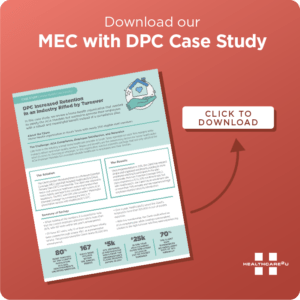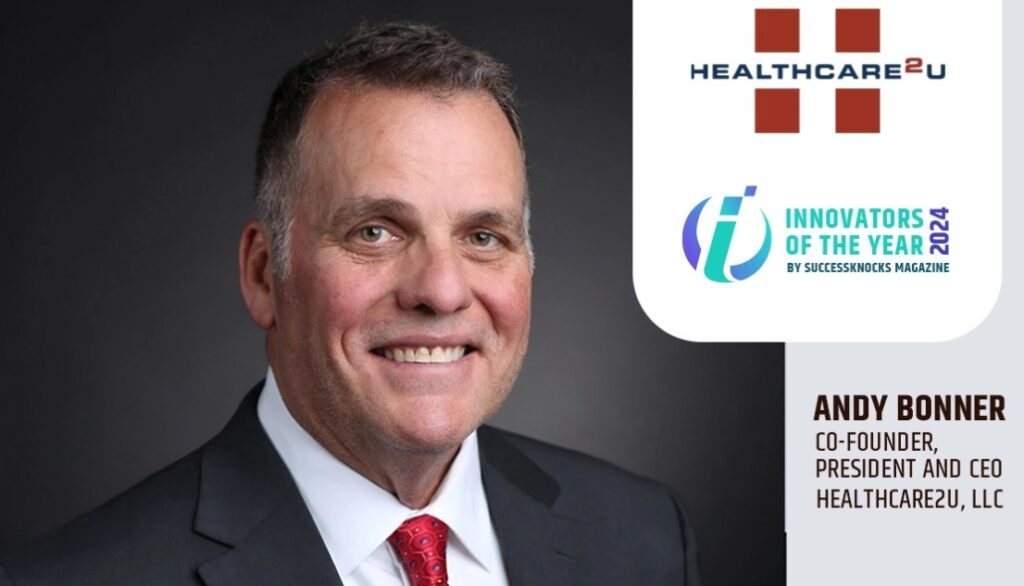It’s been well established that primary care is the vital foundation of a strong healthcare system that provides positive health outcomes, effectiveness, efficiency, and health equity. Primary medical care is designed to be the first point of contact for individuals engaging the healthcare system, leading to preventive care and minimizing healthcare spending and waste by directing patients to appropriate specialists only when necessary.
When people lack the basic understanding of how to use the healthcare system effectively, they often use emergency rooms or urgent care centers as their first point of contact. This practice causes healthcare expenses to start unnecessarily high and continue to escalate. Even when the patient is fortunate enough to have health insurance, higher claims impact their employer’s profits. And if they don’t have insurance, the out-of-pocket costs can be astronomical.
Primary care physicians provide individual and family care to prevent, cure and alleviate common illnesses and acute conditions. Primary care is associated with better access to healthcare services, better health outcomes, and decreased hospitalization and emergency room visits. Researchers say primary care can also help counteract the negative impact of poor economic conditions on health. Their research indicates that primary care should be expanded across communities to help counteract health inequities.
The Power of Primary Care
 Direct primary care (DPC) is a rapidly growing means of delivering cost-effective primary care across the United States. Adopting a central repository of health data, telemedicine, and virtual appointments has led to better health outcomes for people who were previously unable to participate in the healthcare system effectively. While helping employees save on out-of-pocket costs, DPC has also protected employers’ financial gains nationwide with it’s no-claims approach.
Direct primary care (DPC) is a rapidly growing means of delivering cost-effective primary care across the United States. Adopting a central repository of health data, telemedicine, and virtual appointments has led to better health outcomes for people who were previously unable to participate in the healthcare system effectively. While helping employees save on out-of-pocket costs, DPC has also protected employers’ financial gains nationwide with it’s no-claims approach.
Research has shown better primary care directly correlates with a more equitable distribution of health within a community and can also reduce the harmful effects of income inequality. Again, this problem has been pushed to the forefront of Americans’ concerns due to recent events as minorities face more significant challenges accessing basic primary care. And unfortunately, many Americans at the bottom of the economic ladder have been pummeled by the pandemic, exacerbating financial inequalities.
Educating Clients is Key
Direct primary care providers like Healthcare2U seek to provide relief and quality primary care for families on every rung of the economic ladder. For a low monthly fee, members get unlimited access to a primary care provider in any state. Families are no longer forced to choose between survival and the dignity of accessing basic healthcare.
There are still a vast number of employers with low-wage earners who need to be educated about DPC. It’s not only a game-changer financially, but it can also be a lifesaver if used properly. For a segment of the population that may feel they still can’t afford to see a doctor, having a benefits advisor who is highly knowledgeable about direct primary care is crucial. Benefits advisors who are having conversations about DPC with their clients are helping to close the gap on health inequities one client at a time.







